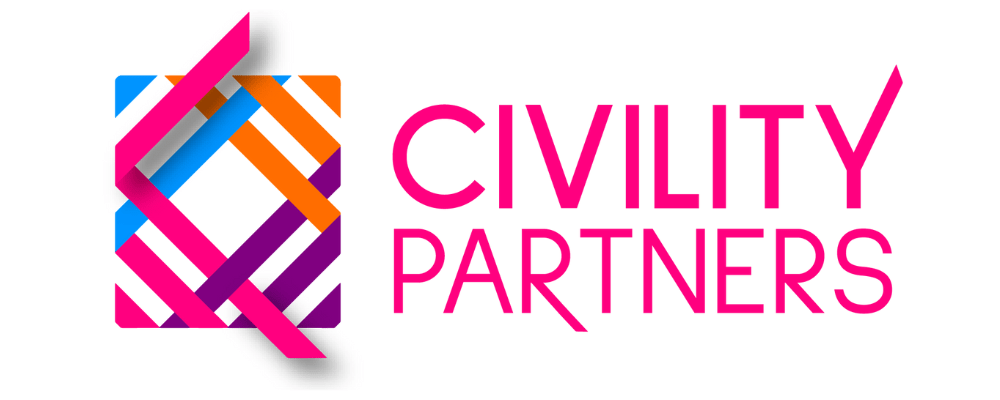Election season tends to bring division and tension, and it’s hard to avoid. Even if you’ve reminded your team to steer clear of political conversations at work, it’s likely that the topic will still pop up here and there.
The truth is, having employees with different views isn’t the problem. What makes things tricky is that both employees and leaders often struggle with how to discuss political or social issues without making things more tense. In fact, a study by Gartner in 2021 showed that political campaigning and discussions were already hurting morale, teamwork, and productivity months before the election even took place.
These numbers only scratch the surface. And, they demonstrate how important it is that managers and leaders be prepared to respond to political discussions that seep into the workplace.
Elections and Leadership
Let’s take a look at how different responses can really make or break their teams.
1. Creating Division vs. Fostering Inclusivity
Leaders are seen as a guiding force within their teams, and whether they like it or not, their political views can heavily influence workplace dynamics. Expressing strong political opinions can unintentionally alienate parts of the team, leading to division. When employees sense that their values are at odds with their leader’s stance, they might feel sidelined, reducing their sense of belonging.
On the flip side, when they remain neutral or focus on inclusivity during election seasons, they create an environment where employees feel safe to express themselves. This doesn’t mean avoiding tough conversations but rather facilitating discussions that respect diverse perspectives without fueling polarization.
2. Increasing Stress vs. Supporting Well-being
Elections come with heightened emotions, debates, and sometimes conflict. For leaders, how they manage this stress in the workplace can affect well-being. Leaders who react impulsively or let emotions guide their behavior during politically charged moments can raise anxiety levels across their teams. Employees already overwhelmed by the weight of national events may feel added pressure when their leader appears stressed, tense, or frustrated.
On the other hand, leaders who exhibit emotional intelligence—remaining calm, collected, and supportive is the stabilizing force their team needs. By focusing on well-being, leaders can offer resources, acknowledge stress, and encourage open dialogue, ensuring that their teams remain engaged and resilient in uncertain times.
3. Eroding Trust vs. Building a Culture of Respect
Trust is the cornerstone of effective leadership. However, when leaders appear biased, confrontational, or dismissive of differing opinions, trust erodes quickly. Employees may begin to question their leader’s fairness, assuming decisions are made based on personal beliefs rather than the good of the team.
Leaders should prioritize respect and transparency. By showing that they value all opinions equally, even when they differ from their own, they strengthen trust and demonstrate their commitment to the collective success of the team.
Building a culture of respect means setting the standard for how sensitive topics are handled—respectfully and with care for all team members.
Let’s Navigate This Together
Election seasons are turbulent, but the way leaders react can either propel their team forward or pull it apart. Leaders are responsible for not only managing tasks but also guiding people through challenging times.
That’s why now is the perfect time to invest in your leaders with Civility Partners’ leadership cohort program. We’ll equip them with the skills they need to navigate tough conversations, stay grounded, and maintain a positive culture, even during the chaos of election season.
Let’s ensure your leaders rise to the occasion and keep your team strong and united, no matter what challenges come their way. Reach out today and help your leadership make a lasting, positive impact—election season or not.
The post Elections and Leadership: 3 Ways Your Reaction Can Impact Your Team appeared first on Civility Partners.
“We are committed to helping your organization meet its goals by partnering with you to develop and deliver systemic solutions to negative workplace behaviors. We will partner with you to build a positive and healthy work environment so your employees can thrive.
We don’t focus on the corrective actions involving eradication of problems and negativity, we focus on finding solutions that create a safe and civil workplace – and there’s a difference. Focusing on solutions creates preventative and sustainable change.
Negative and aggressive workplace behaviors are systemic. In order to effectively remove them, holistic and system-wide solutions that are tailored to your organization and focused on prevention, not correction, are required.”
Please visit the firm link to site


